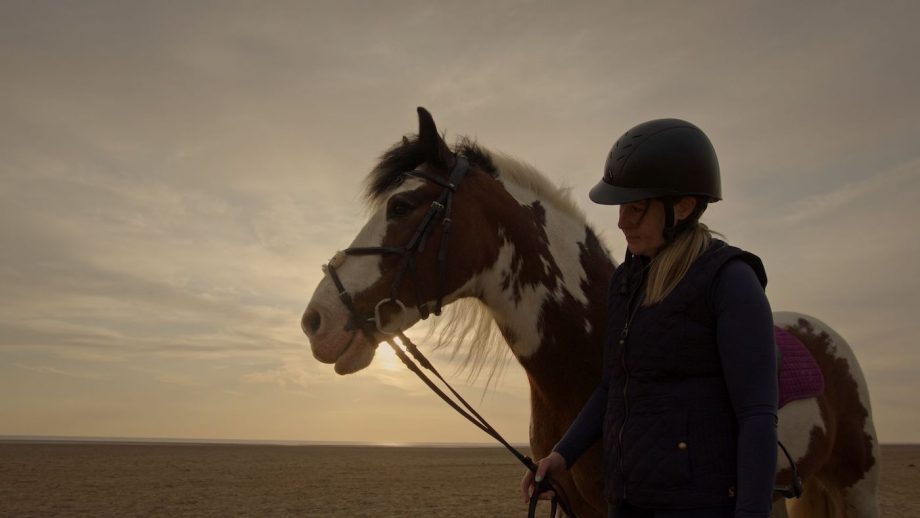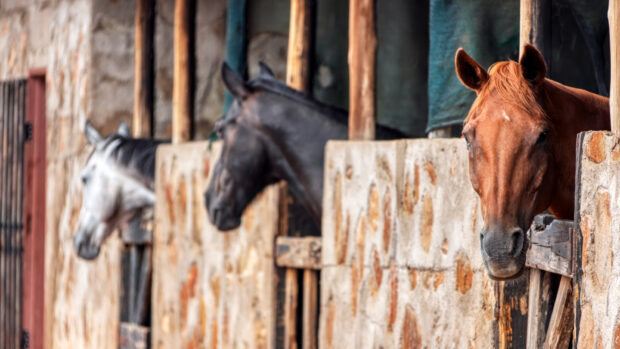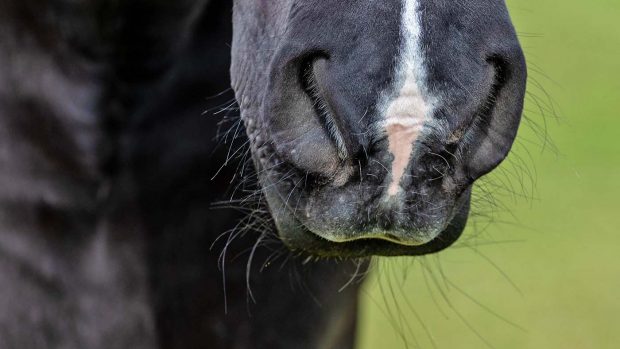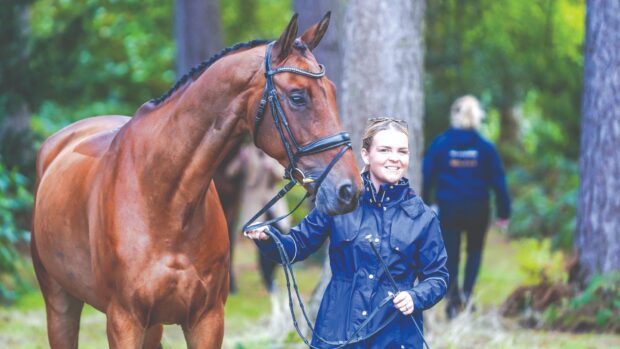Owners have been urged to be aware of the risk of atypical myopathy and acorn toxicity following a rise in cases.
Atypical myopathy – a condition that weakens a horses’ muscles – can occur when toxin hypoglycin A, found in sycamore seeds, is ingested. It is thought the hot summer has contributed to greater than normal production of the seeds, and acorns, which can also cause fatal poisoning.
Sonia Gonzales-Medina, assistant professor of equine internal medicine at the University of Nottingham Vet School told H&H that Oakham Veterinary Hospital has had three cases, with two fatalities, and there are reports of cases from other practices.
“In studies we found there is a biennial increase in the production of seeds with more hypoglycin A, and when you put it towards the number of cases reported this year, it ties in well,” she told H&H.
“We found a variation in the amount of toxin in seeds when evaluating the same tree over different years, so some years horses are going to be more at risk. We weren’t able to pinpoint what those years will be like weather-wise, but we noticed warmer summers tended to mean more seed production.”
Dr Gonzales-Medina, who has led studies on atypical myopathy and is involved in ongoing research on treatments, reminded owners that seeds can travel more than 500 yards in strong winds, and paddocks should be checked. If a horse is suspected of being unwell, urgent veterinary treatment should be sought.
Kate Dawson’s gelding Bertie died from atypical myopathy on 16 October. Bertie was taken to Leahurst Equine Hospital where tests confirmed the diagnosis. But despite vets’ best efforts, he could not be saved.
I’d owned him 14 years but that was all taken away in 24 hours,“ Katie told H&H.
“Now I need to save others in Bertie’s name. The seeds can drift for miles, but so many people have messaged me who didn’t know it was a thing. We’ve heard of 14 horses who have died from it this last week.
“Everyone cared for Bertie; everyone who met him, loved him, and I need to turn this into something positive and save other horses, as if not, he’s died in vain.”
The Royal Veterinary College (RVC) testing service allows owners to submit seed samples to find out if the toxin is present. Vets can also send blood samples for testing.
“The lab has been especially busy with many confirmed cases. Some affected horses have unusually high levels of toxin in their blood and some horses have died. In others, there is milder disease, probably related to the horse eating less of the toxin,” an RVC spokesman said.
The British Equine Veterinary Association has reported a rise in cases of not only atypical myopathy but also acorn toxicity, a condition “less common and less well understood” than atypical myopathy – that needs urgent veterinary attention if suspected.
“Signs include moderate to severe colic or colitis, lethargy, dehydration and dark urine. Signs may develop extremely rapidly and death can occur within a further 12-24 hours.”
You might also be interested in:

‘He saved me, now I want to save others’: heartbroken owner speaks out on fatal atypical myopathy

Sycamore seedlings — what’s the risk to my horse and how do I get rid of them?

Subscribe to Horse & Hound magazine today – and enjoy unlimited website access all year round
Horse & Hound magazine, out every Thursday, is packed with all the latest news and reports, as well as interviews, specials, nostalgia, vet and training advice. Find how you can enjoy the magazine delivered to your door every week, plus options to upgrade your subscription to access our online service that brings you breaking news and reports as well as other benefits.




